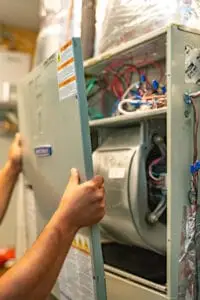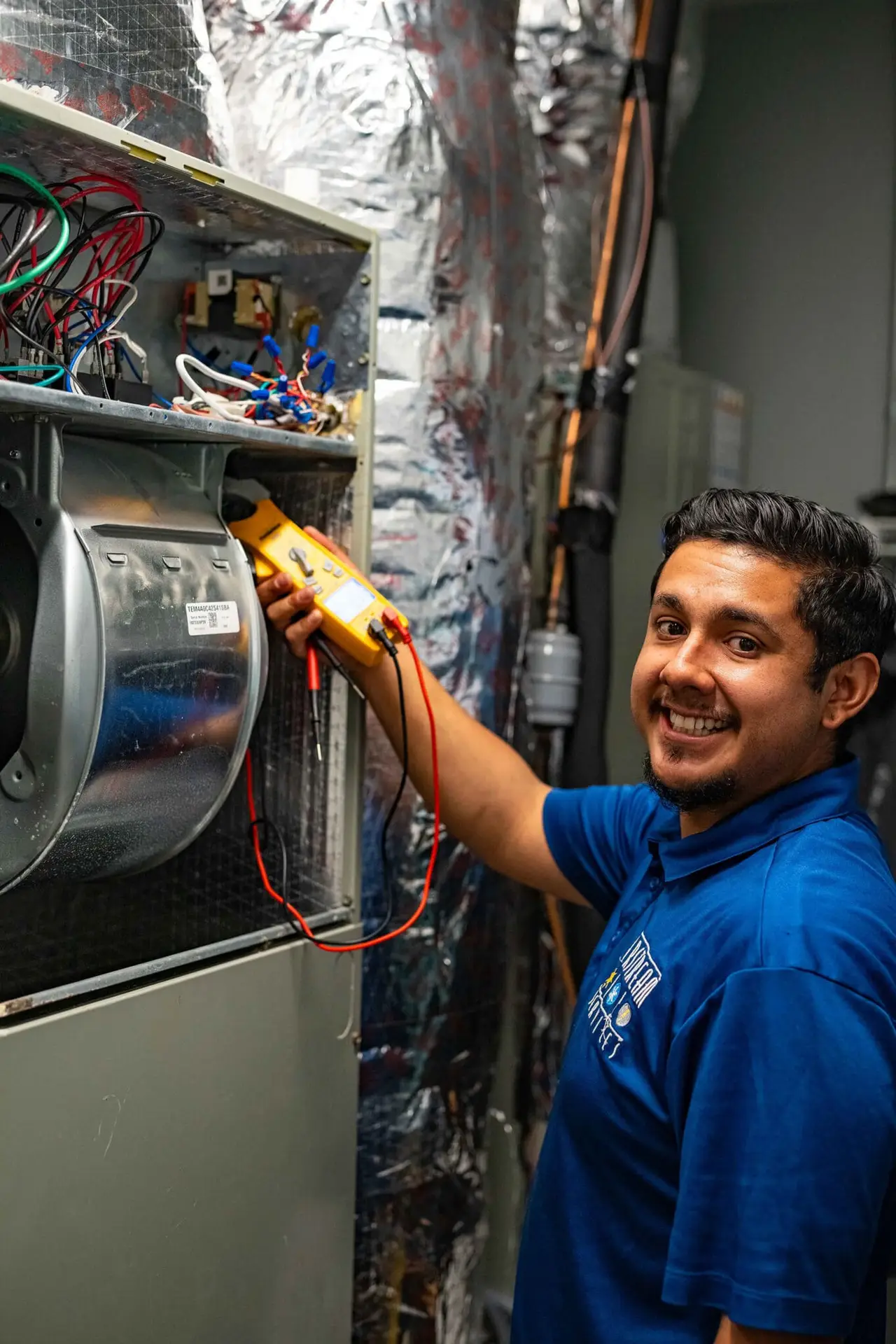
Why Does My House Smell Like Fish? The Shocking Electrical Cause You Need to Know
In my years working in the home services industry, I’ve come across a variety of perplexing household problems—from leaky pipes to mysterious odors that seem to come out of nowhere. One of the most baffling issues I’ve encountered is when a house starts to smell like fish. At first, you might suspect a leak or even something rotten, but often there’s a much more serious underlying issue, sometimes electrical in nature. In this article, I’m going to explain the different sources of that fishy odor and especially shine a light on the surprising connection between an electrical burning smell and a fish-like scent.
Homeowners face a range of electrical issues every day that can create a hazardous environment. Whether it is faulty wiring, intermittent short circuits, or overheating components, these problems are not only expensive to fix but can also lead to fire hazards. I’ll take you through the methods I use to identify the source of the smell, the reasons behind the odor, and the critical steps you need to take—like shutting off power and calling a licensed electrician. Along the way, I’ll enrich the article with research studies, detailed lists, tables, and examples of common electrical hazards like surge protectors, circuit breakers, and management of overheating electrical wiring. With this comprehensive guide, I aim to help you understand the risks and empower you to take timely action if your house ever gives off an unusual fishy odor.
Let’s dive into the investigation and repair process so that you’re not left guessing when you encounter this problem in your own home.
Identifying the Source When Your House Smells Like Fish
The first step is to determine whether that fishy smell is coming from an environmental cause or if it’s linked to an electrical fault. In many cases, misinterpretation of smells can lead homeowners to address the wrong source, such as kitchen waste or plumbing leaks. However, fish-like odors may sometimes be a red flag for hazardous electrical issues that require urgent attention. Immediately being able to identify and trust your gut feeling based on the type of smell can help ensure that you resolve these issues swiftly.
The Link Between an Electrical Burning Smell and a Fishy Odor
An electrical burning smell and a fishy odor might seem unrelated at first; however, they are often interconnected. Many times, when electrical components begin to overheat, their materials degrade in a way that can produce multiple odor profiles. Many electrical fires are preceded by odd smells—especially fishy odors—which often result from overheating plastic components or insulation. Both smells serve as red flags that something isn’t functioning correctly within your home’s electrical system.
What Causes an Electrical Burning Smell in Homes
The primary cause of an electrical burning smell is overheating due to excessive current, poor connections, or faulty wiring. When a circuit is overloaded or a component begins to fail, the heat generated can be sufficient to melt insulation or other plastic components. This heating process not only creates a burnt smell but, due to the specific chemicals in the materials (such as PVC or other polymers), can give off atypical odors like that of fish. According to a study in the Journal of Electrical Engineering (2021), overheating in circuits leads to a chemical reaction that produces volatile organic compounds, some of which have a distinct aroma resembling that of certain fish species. When wires or electrical components overheat, they can emit volatile compounds that produce strong, fishy or burning odors
Dangers Associated With an Electrical Fishy Smell in Your Residence
When your home starts smelling like fish due to an electrical issue, it’s not just an inconvenience—this could indicate a significant safety hazard. Neglecting these symptoms can expose your household to several dangers, ranging from minor shocks to major fire risks. In my experience, most electrical hazards are preventable when identified early, but they require immediate attention to avoid potentially catastrophic outcomes.
Why Ignoring a Persistent Fishy Odor Is Risky
Ignoring a persistent fishy odor in your house can lead to compounded problems over time. Even if the odor seems subtle initially, the underlying electrical faults may continue to worsen, increasing the risk of a dangerous electrical fire or serious damage to your entire electrical system. Every minute counts when it comes to troubleshooting and resolving electrical issues. Not only do you put your property at risk, but you also endanger the lives of your family and pets. It is essential to treat any unusual odor as an emergency and investigate it thoroughly by either conducting a self-inspection (if you are experienced) or, more importantly, calling a licensed electrician immediately.
Immediate Actions for a Suspected Electrical Burning Smell
Once you suspect that the fishy odor might stem from an electrical issue, it’s important to act quickly. The steps to address the problem are straightforward but must be followed precisely to prevent further damage or danger. Here’s what you can do immediately if you detect this hazardous smell in your home.
Safely Shutting Off Power to Affected Circuits
The first and most vital step is to shut off power immediately. Locate your home’s main electrical panel and switch off the circuit breakers one by one. This prevents further heat buildup and minimizes the risk of a fire. I always recommend that if you’re not completely comfortable working with electricity, call a professional electrician instead of trying to locate the exact circuit on your own. When shutting off power, note which breakers you disable, as this information will be crucial for an electrician diagnosing the problem later.
Avoiding Use of Suspect Outlets or Appliances
Do not use any electrical outlets or appliances that you suspect may be connected to the source of the odor. Continuing to use them could exacerbate the problem, causing further heating or even initiating an electrical fire. It’s better to leave these devices unplugged until you have consulted with a licensed electrician who can properly assess and repair the fault. This includes everything from lamps and power strips to kitchen appliances and HVAC units.

Finding a Qualified Licensed Electrician Near Me for Diagnosis and Repair
When you experience a strange fishy odor that might indicate an electrical problem, finding the right professional is crucial. A licensed electrician can quickly diagnose the issue and provide the necessary repairs to restore the safety of your home. It’s important to remember that dealing with electricity is not a DIY task for an untrained homeowner—safety must come first.
Preventing Future Electrical Problems and Lingering Fishy Smells
Prevention is always better—and often cheaper—than dealing with an emergency repair. Once your immediate issue has been resolved, it’s important to adopt proactive measures to maintain the health and safety of your electrical system. Regular maintenance, proper usage, and timely upgrades can help avoid recurrence of hazardous odors and the problems that cause them.
Final Thoughts
In this article, we explored the unexpected connection between a fishy odor and electrical issues in your home. From identifying the odor and its source to understanding the health and safety risks involved, every step reinforces the importance of prompt, professional action. Taking immediate measures such as shutting off power and ventilating your home can prevent dangerous outcomes. Remember, regular electrical inspections and proper maintenance are key to keeping your home safe and odor-free.




